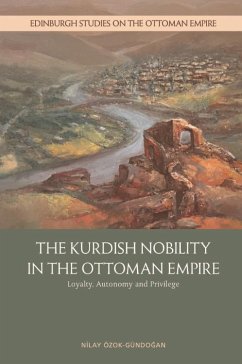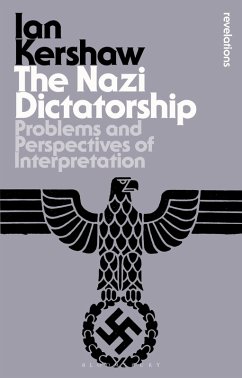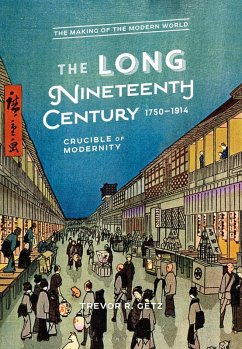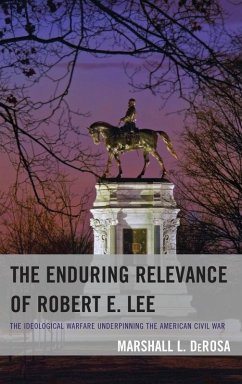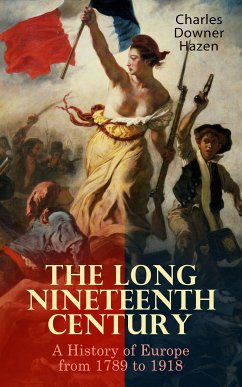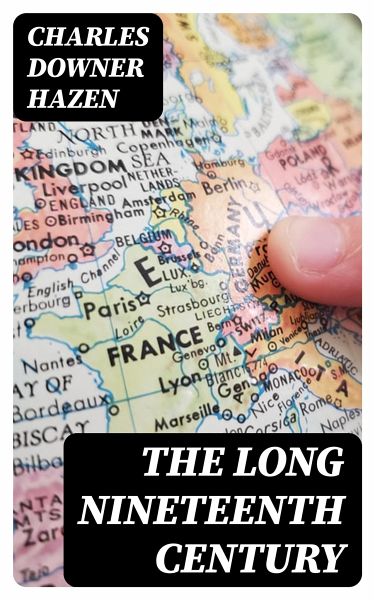
The Long Nineteenth Century (eBook, ePUB)
History of Europe (1789-1918)
Versandkostenfrei!
Sofort per Download lieferbar
0,49 €
inkl. MwSt.
Weitere Ausgaben:

PAYBACK Punkte
0 °P sammeln!
In "The Long Nineteenth Century," Charles Downer Hazen presents a comprehensive examination of the transformative years from the French Revolution to the onset of World War I. This scholarly work is characterized by its analytical rigor and narrative clarity, blending rich historical detail with insightful commentary. Hazen situates this period as a crucible for modernity, exploring the interplay of political, social, and economic forces that shaped contemporary society. His engaging prose draws readers into the complexities of industrialization, nationalism, and cultural shifts, making the hi...
In "The Long Nineteenth Century," Charles Downer Hazen presents a comprehensive examination of the transformative years from the French Revolution to the onset of World War I. This scholarly work is characterized by its analytical rigor and narrative clarity, blending rich historical detail with insightful commentary. Hazen situates this period as a crucible for modernity, exploring the interplay of political, social, and economic forces that shaped contemporary society. His engaging prose draws readers into the complexities of industrialization, nationalism, and cultural shifts, making the history accessible while maintaining an academic depth that invites further reflection. Hazen, an esteemed historian with a background in American history and politics, draws on his extensive educational experiences and insights into European affairs. His earlier works established him as a critical voice in understanding the evolution of modern thought and conditions. Through a combination of personal influence and intellectual curiosity, Hazen was inspired to delineate this expansive century that laid the groundwork for the modern world, highlighting the intricate tapestry of events and movements that defined an age. "The Long Nineteenth Century" is indispensable for scholars, students, and general readers interested in understanding the significant changes that heralded the modern era. Hazen's remarkable synthesis not only informs but also inspires an appreciation for the historical dynamics at play. Anyone seeking to grasp the profound transformations of society during this pivotal era will find Hazen's work enlightening and thought-provoking.
Dieser Download kann aus rechtlichen Gründen nur mit Rechnungsadresse in A, B, BG, CY, CZ, D, DK, EW, FIN, F, GR, H, IRL, I, LT, L, LR, M, NL, PL, P, R, S, SLO, SK ausgeliefert werden.





